Key Takeaways: Underwater ROVs in Diverse Industries
- Underwater ROVs, originally developed for military applications, are now vital in many commercial sectors.
- These versatile drones enhance safety, efficiency, and operational effectiveness across industries such as oil and gas, aquaculture, and marine research.
- From infrastructure inspections to emergency searches, ROVs provide innovative solutions to complex underwater challenges.
The Growing Role of Underwater ROVs Across Various Industries
Once a tool exclusive to the Navy, underwater remotely operated vehicles (ROVs) have emerged as game-changers in numerous commercial sectors. These innovative machines are revolutionizing how industries conduct activities beneath the waves, showcasing their potential to solve intricate challenges in aquatic environments.
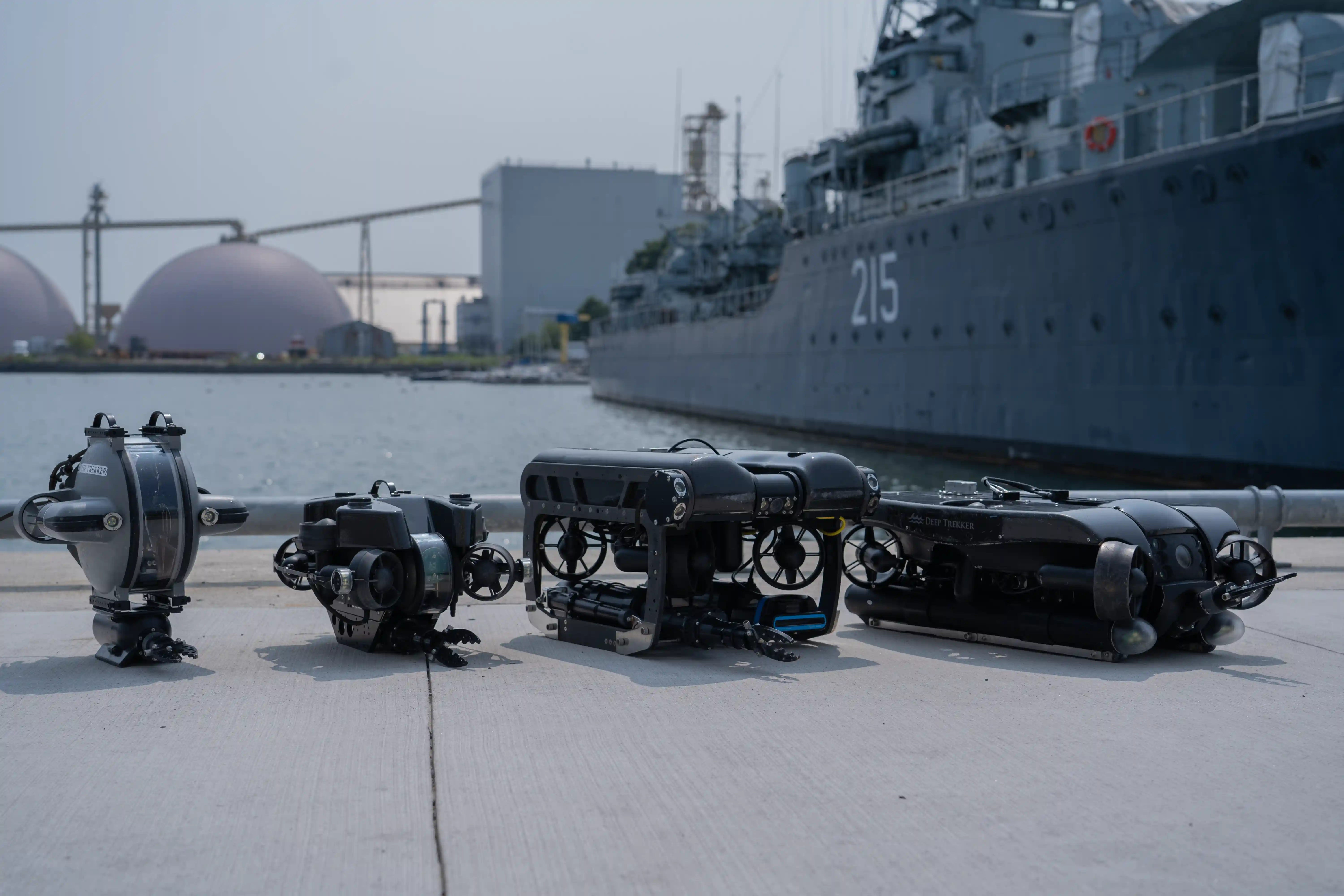
Enhancing Efficiency in Various Industries
ROVs are making a significant impact in the oil and gas industry, where they facilitate site exploration and pipe monitoring, thus improving operational efficiency. Oceanic research organizations are similarly leveraging these advanced drones for detailed seafloor studies, enabling scientists to gather valuable insights without disrupting fragile ecosystems. The aquaculture sector has also embraced ROV technology, employing them for tasks such as net inspections, fish monitoring, and environmental protection. By minimizing manual labor, these underwater drones contribute to substantial cost savings and improved safety.
Commercial Divers: A Safer Alternative
For commercial divers and inspection teams, ROVs are rapidly becoming essential tools. These vehicles can either complement or replace traditional diving operations, delivering safer and more efficient methods for infrastructure evaluations—be it the inspection of bridge pilings or the maintenance of water tanks.
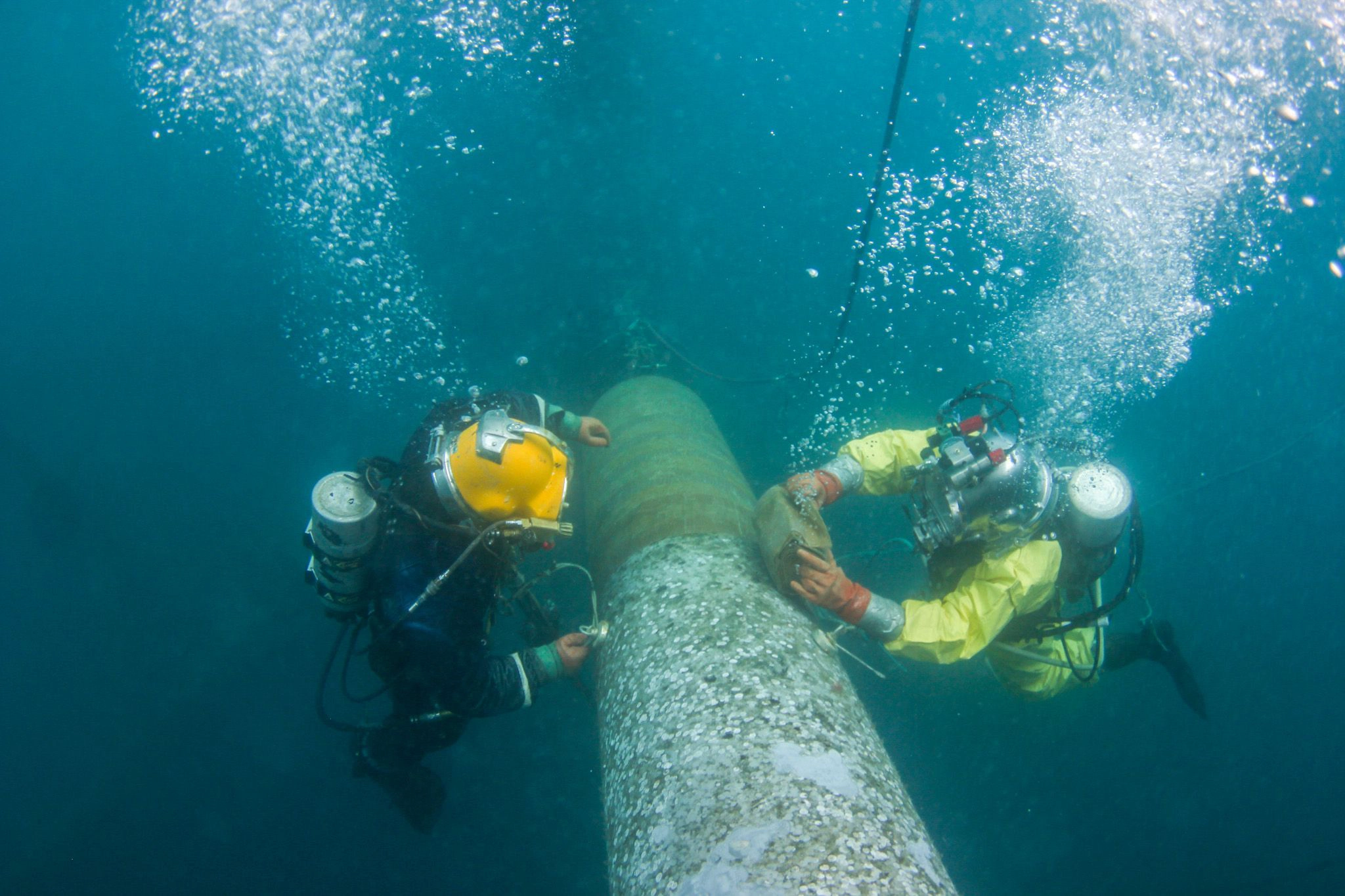
Education and Research Takes a Dive
Research institutions and marine scientists are increasingly using underwater drones to explore ecosystems and monitor the effects of climate change. For instance, a research team might deploy a Deep Trekker ROV to survey submerged archaeological sites, capturing detailed imagery without disturbing the artifacts housed there. This capability not only enhances scientific understanding but also opens new avenues for marine conservation efforts.
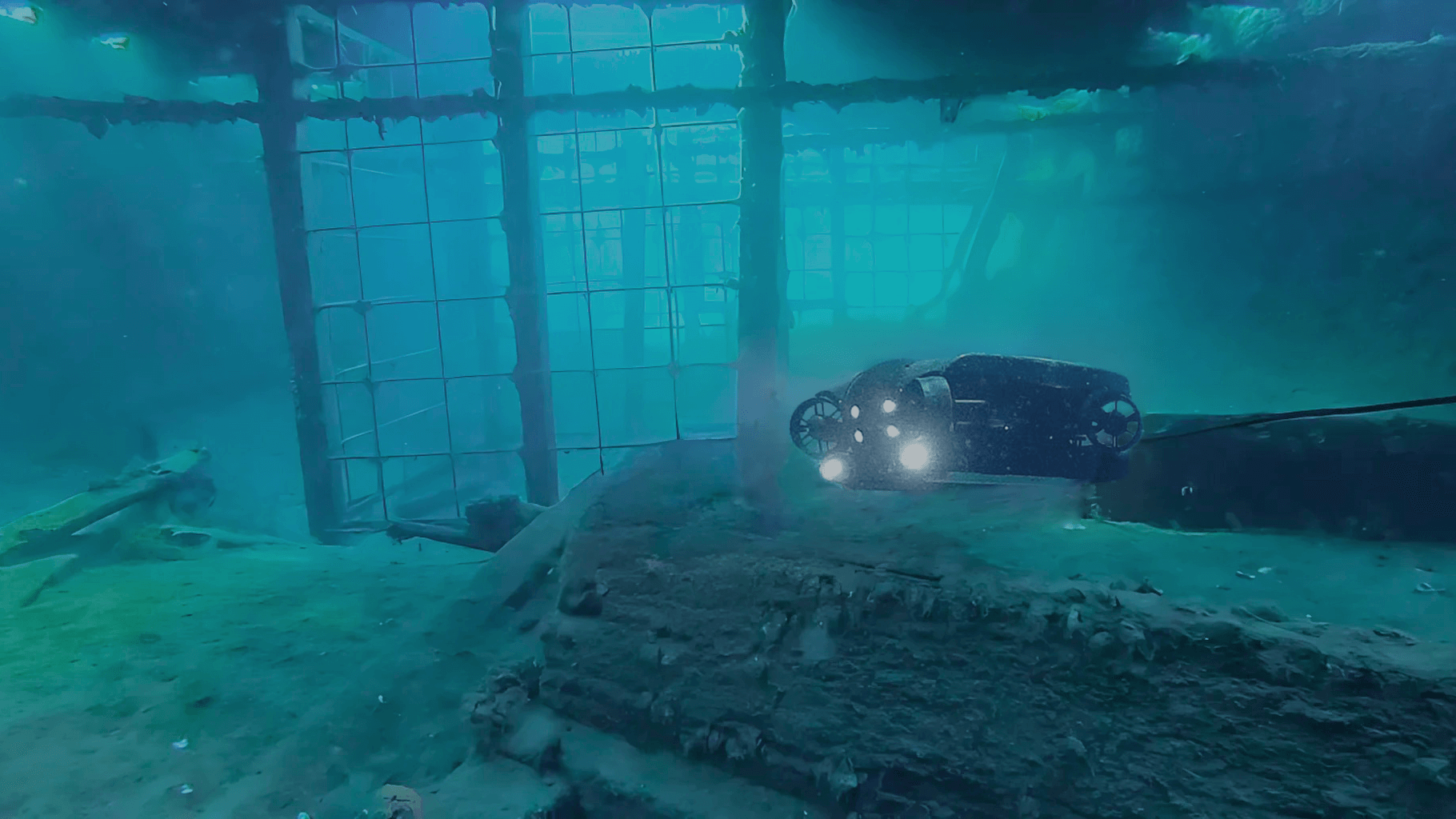
The Impact on Aquaculture Operators
In the fast-evolving world of aquaculture, fish farm managers harness ROV technology for inspecting net pens and monitoring fish health while ensuring compliance with ecological regulations. ROV deployment can lead to a remarkable 40% cut in routine inspection costs, demonstrating their efficiency and effectiveness in operational processes.
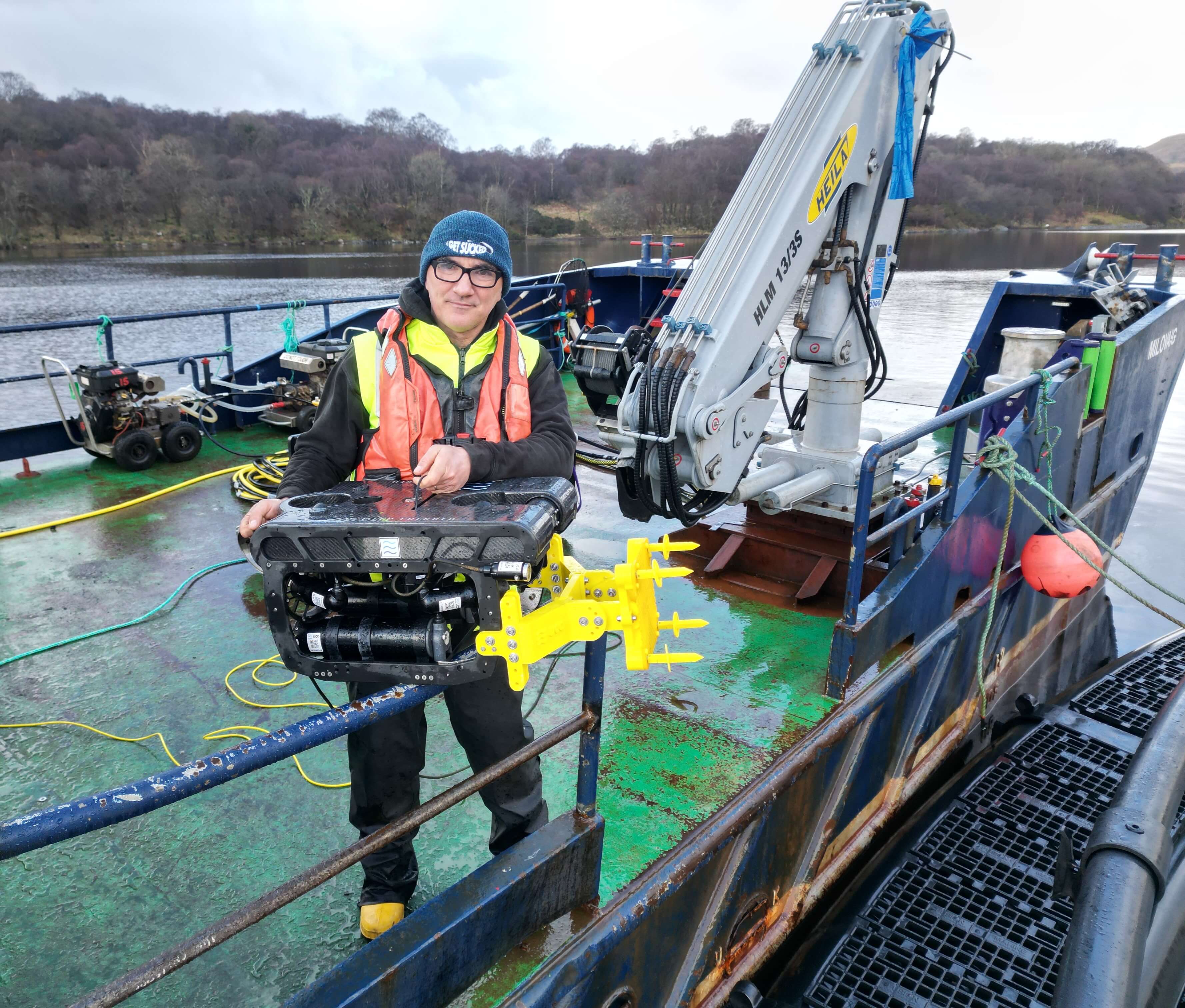
Energy Sector Professionals Embrace ROV Technology
Hydroelectric, wind, and nuclear facilities are now employing ROVs to conduct inspections of submerged assets, further ensuring regulatory compliance and operational integrity. For example, Deep Trekker ROVs are adept at performing meticulous inspections of cooling systems at nuclear power plants, thus minimizing downtime and reducing operational costs.
![]()
Assisting Law Enforcement and Emergency Responders
Law enforcement agencies and rescue teams are increasingly integrating ROVs into their operations for searching submerged evidence or locating missing individuals. For example, police departments utilize Deep Trekker’s underwater ROVs to expedite recovery operations for vehicles hidden within murky waters, significantly improving safety measures for personnel involved in such operations.
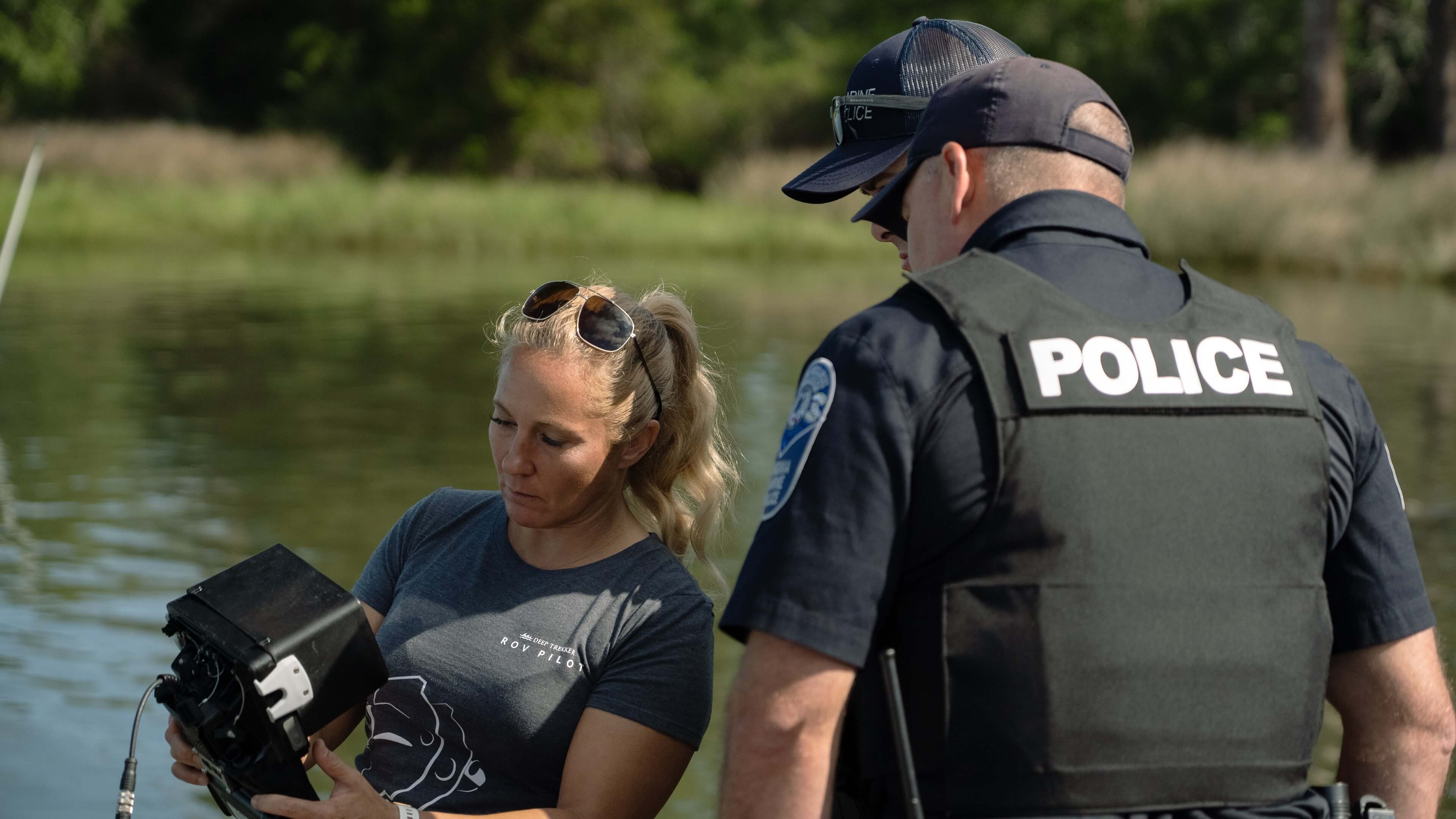
Broad Applications Across Industries
- Search and Rescue (SAR): Utilizing ROVs to locate missing persons and vehicles submerged underwater.
- Aquaculture: Fish farms effectively implement ROVs for enhanced monitoring and compliance.
- Infrastructure Inspection: Engineers employ ROVs to ensure the integrity of underwater structures such as dams and bridges.
- Oil and Gas: A critical tool for underwater inspections and maintenance tasks in offshore settings.
- Marine Research: ROVs aid scientists in the exploration and study of marine ecosystems and environmental changes.
- Hydropower and Utilities: ROVs enhance the efficiency of inspecting submerged equipment in power facilities.
The proliferation of underwater ROVs stands as a testament to their remarkable versatility and significance. As industries continue to embrace this advanced technology, the potential applications are as deep as the waters they explore.


